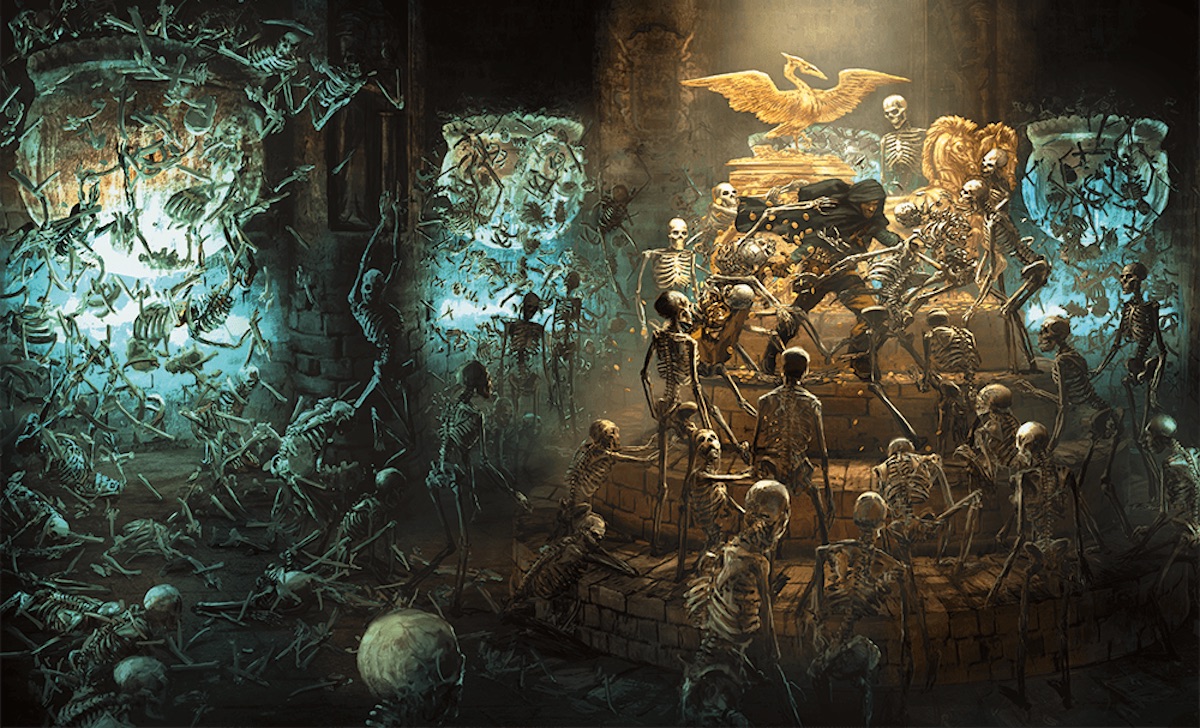

Stat bonuses - things like higher intelligence, constitution, or charisma - are derived from culture. Instead, they choose the culture in which their character was raised and the ancestry of their parents. Marshall’s system relies on divorcing “biological ancestry from cultural heritage.” When creating a character, players don’t choose a race. The framework goes to great lengths to respect everyone at the table. He then proceeds to lay out a flexible, highly adaptable system that effectively chops up the existing races in D&D, and then reassembles them on a latticework supporting both a narrative role-playing experience and balanced tactical gameplay. Because these harmful concepts have no place in our world, they need not be in the stories we tell with our friends either.

Indeed, racists still use these bogus, faux-scientific justifications to support their prejudice. What’s more, that concept in the real world has been used to justify historic atrocities. What folks call racial differences simply do not map cleanly onto anything in our biology as simplistic as the concept of race.


Indeed, our genetics are real, but they are a function of our individual ancestry, not our race. This is not to say there is no such thing as ancestry, heritage, and genetic difference, of course. In other words, the concept of race as it has been used from at least the Enlightenment forward to the twentieth century is, frankly, bankrupt. It is not like eye color, but like citizenship: something that is based in social relations and concepts, not biology. Race is not a biological reality rather, it is a social concept constructed and employed differently at different times in history and in different places in the world. Scientists and philosophers who study race reject the concept of race as a biological fact that discretely individuates groups of people. The only thing missing is footnotes and a proper bibliography. Marshall’s Ancestry & Culture reads more like a scholarly work than a run-of-the-mill splatbook. One of his specialties is the philosophy of games. That’s likely because in addition to writing and designing RPG content for Arcanist and Sigil Entertainment, he’s also an associate professor of philosophy. He’s a lot more gentle with his language, however. In Ancestry & Culture: An Alternative to Race in 5e, author and designer Eugene Marshall argues that the concept of race in 5th edition D&D isn’t just flawed, it’s bigoted. If you want to see the very best of the best for your platform(s) of choice, check out Polygon Essentials. When we award a game the Polygon Recommends badge, it’s because we believe the title is uniquely thought-provoking, entertaining, inventive or fun - and worth fitting into your schedule. Polygon Recommends is our way of endorsing our favorite games.


 0 kommentar(er)
0 kommentar(er)
